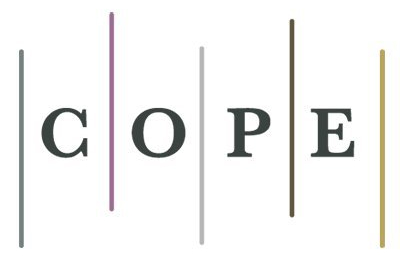Professional Qualification and Public Labor Intermediation: Labor Market Management in Brazil, 1880-2017
Keywords:
Estado, mercado de trabalho, qualificação profissional, SineAbstract
This article analyzes the evolution, over the period from 1880 to 2017, of the two most important active employment policies in Brazil: public labor intermediation and professional qualification. By different means, these policies seek to regulate the encounter between labor supply and demand, encouraging individuals to participate in the economy and preventing job vacancies from going unfilled. The article discusses which arrangements between public and private actors were adopted in each period and what these arrangements reveal about the management of the Brazilian labor market. In order to historicize the formation of the labor market, unemployment is a relevant category, especially when we consider its institutionalization in the country through its inclusion in the state agenda and labor market regulation practices. Active policies migrated from the management of wage relations and the need to forge a new workforce, highlighting the role of the state (especially through authoritarian means) in the modernization of the productive sector until the 1980s, to the support for unemployed workers from the 1990s, given the processes of labor market flexibilization, rising unemployment rates, and the destabilization of occupational trajectories.
Downloads
Downloads
Published
How to Cite
Issue
Section
License
This work is licensed under a Creative Commons Attribution 4.0 License.
The O&S adopts a Creative Commons Attributions License 4.0 in all published works, except where specifically indicated by copyright holders.





